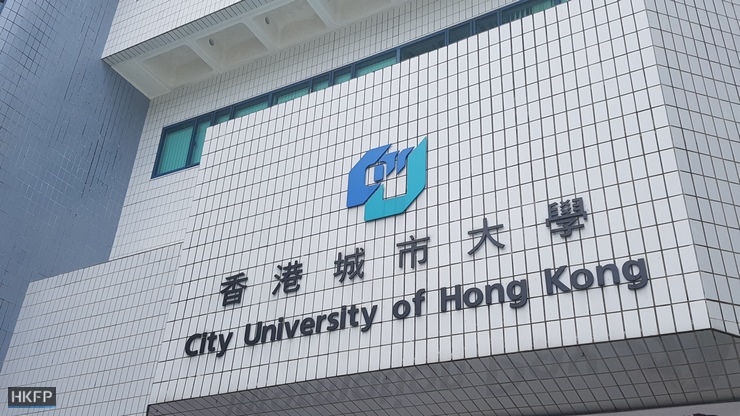The City University of Hong Kong has denied allegations that it submitted incorrect student figures in order to get a higher position in the Quacquarelli Symonds (QS) world university rankings. It said it will commission one of the large accounting firms to run an independent audit of its data submissions.
The university’s ranking has risen from 57 to 49 over the past three years. The ratio of teachers to students forms 20 per cent how the ranking is calculated. Universities should provide QS with their number of undergraduate and postgraduate students, including those funded by the government and those who are self-funded. According to QS, CityU has 9,240 students.
The University Grants Committee (UGC), which funds Hong Kong institutions, only records government funded undergraduate students and post-graduate students, so – in theory – the UGC number should be smaller than the number provided to QS. However, according to the UGC, CityU has 13,422 students as of 2016/17.

A smaller number of students would return a better ratio of teachers and students, and thus higher scores in the QS ranking.
Reports appearing in Apple Daily on Monday claimed top officials at two other universities had filed complaints to QS, a private British company. They accused CityU of intentionally submitting lower student figures using methods such as taking headcounts during summer breaks.
But CityU, in response, said it strong objected “gross inaccuracies” in the reports.

It said it submits data every year to QS in accordance with their rules, criteria and definitions: “We have never used enrollment numbers of our summer students for submission to the QS exercise,” adding that data this year was submitted in early spring.
It added that QS audits all data and its rankings are regularly audited by an independent international audit body: “CityU’s data submissions were confirmed to be accurate by QS based on QS’s own audit… Due to the use of different definitions and operating modes, data on student numbers submitted by all Hong Kong universities have always varied and are inevitably different from those submitted to the UGC.”
“Such differences are commonly found in the data submitted to QS by other universities from other parts of the world and in the data on official websites of those universities’ home governments.”

It said CityU President Way Kuo has already instructed the relevant office to commission one of the Big Four accounting firms to run an independent audit of its QS data submissions: “This additional measure will fulfil CityU’s requirement for ultra-high standards in all our operations.”
‘It has to be correct’
John Tse, a member of the university’s governing Council, said someone should be held responsible for the incident.
Tse, an associate professor of the university’s Department of Applied Social Sciences, said the number of students stated by the UGC “must be correct,” since it is the body funding universities.
“We cannot allow any dishonest figures,” he said on a Commercial Radio programme on Monday. “There shouldn’t be any tricks – it has to be correct, the number of students is the easiest figure to calculate, you cannot say today we have 9,000 students, tomorrow we have 10,000 students – this is not possible.”

He said there should be outside auditors monitoring the figure.
He also questioned the academic level of private companies, such as QS, in publishing such rankings: “Where does their business come from? How do these private companies gain profit from their operations? Hong Kong citizens should ask this question… how did rankings become a marketing study?”
